Description
M. K. Gandhi has been long revered as India’s “father of the nation” and considered a great freedom fighter who led India to independence. This book, a scholarly re-evaluation of Gandhi, questions the standard narrative that has been built around Gandhi. Contrary to the standard narrative, we find that Gandhi actively looked out for British interests, and that his actions led to the suppression of revolutionary movements for freedom, and likely delayed Indian independence considerably. Another overlooked aspect that the author brings out is Gandhi’s support and platforming of the radical Islamist movement that was fighting for the restoration of the Islamic Caliphate in Turkey. This mainstreamed fringe and radical Muslim elements over secular leadership, ultimately leading to the Partition of India. Based on documents retrieved from British archives and made public for the first time, the author shows that though a British collaborator, Gandhi reluctantly started the Quit India Movement because he thought that Japan and Germany could win the war and liberate India; and he wanted to be on the winning side of history. The book also shows Gandhi’s dictatorial tendencies, how he repeatedly subverted the democratic processes within the Congress party by appointing his favorites, including processes in the selection of India’s first prime minister. Re-evaluating Gandhi: How He Delayed Independence and Precipitated the Partition of India goes back to archival records to tell a story of India’s independence in which Subhash Chandra Bose and the threat of mutiny in the Indian armed forces are the causes of India’s independence, not the actions of Gandhi, which were often opposed to these aims.

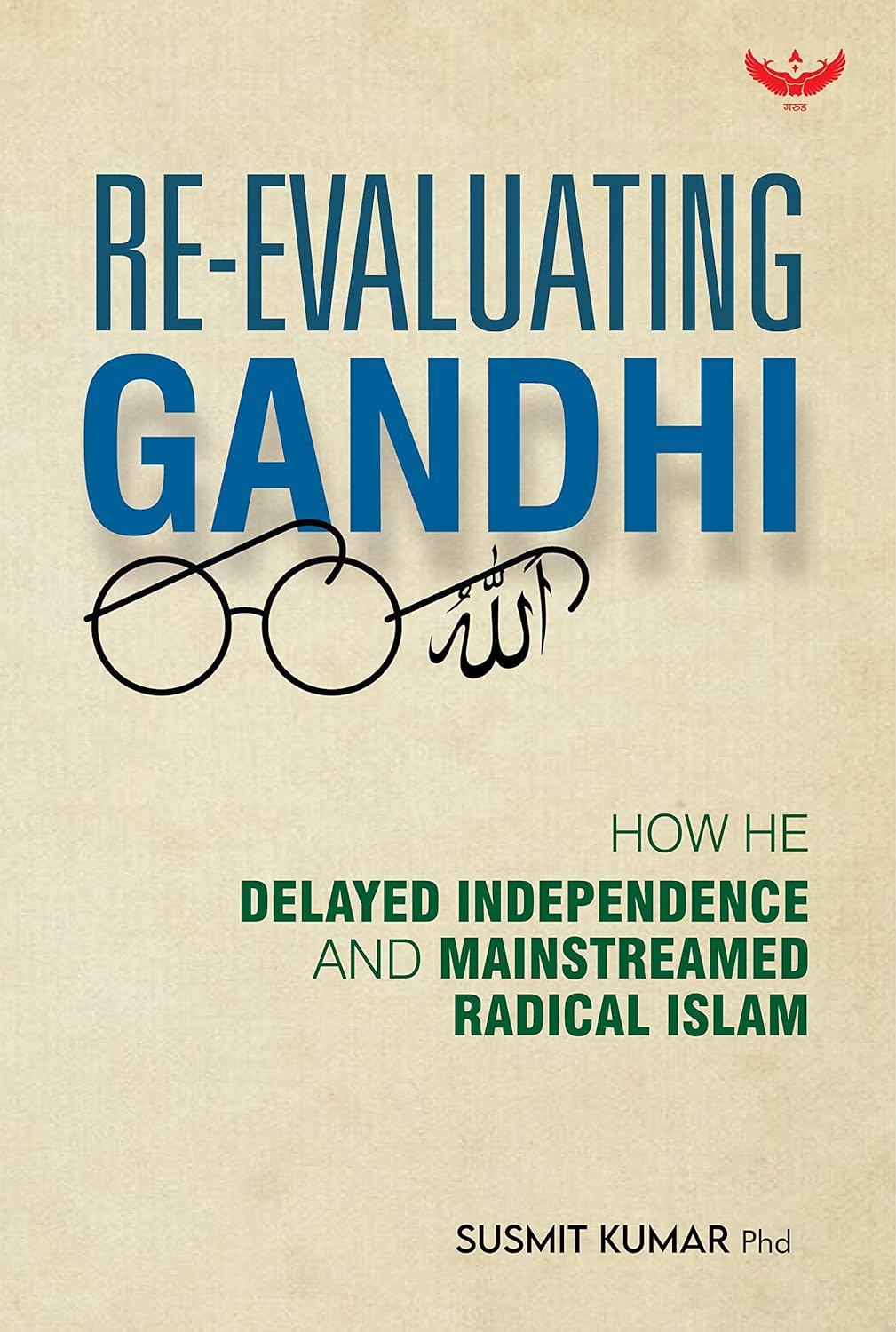
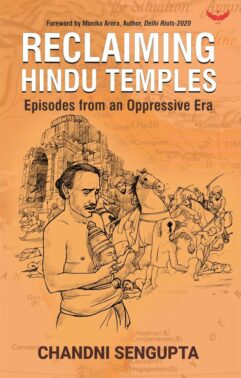
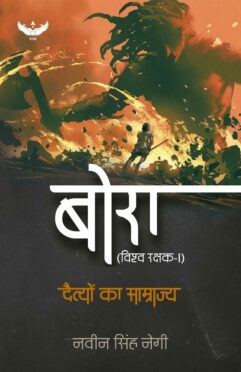







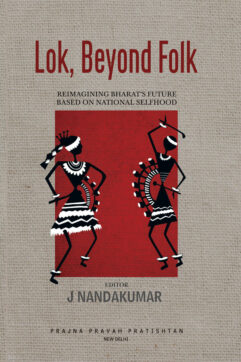




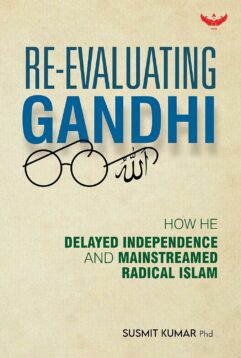
Reviews
There are no reviews yet.